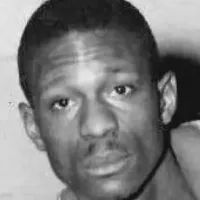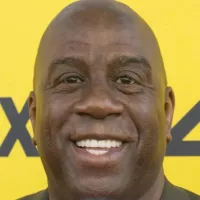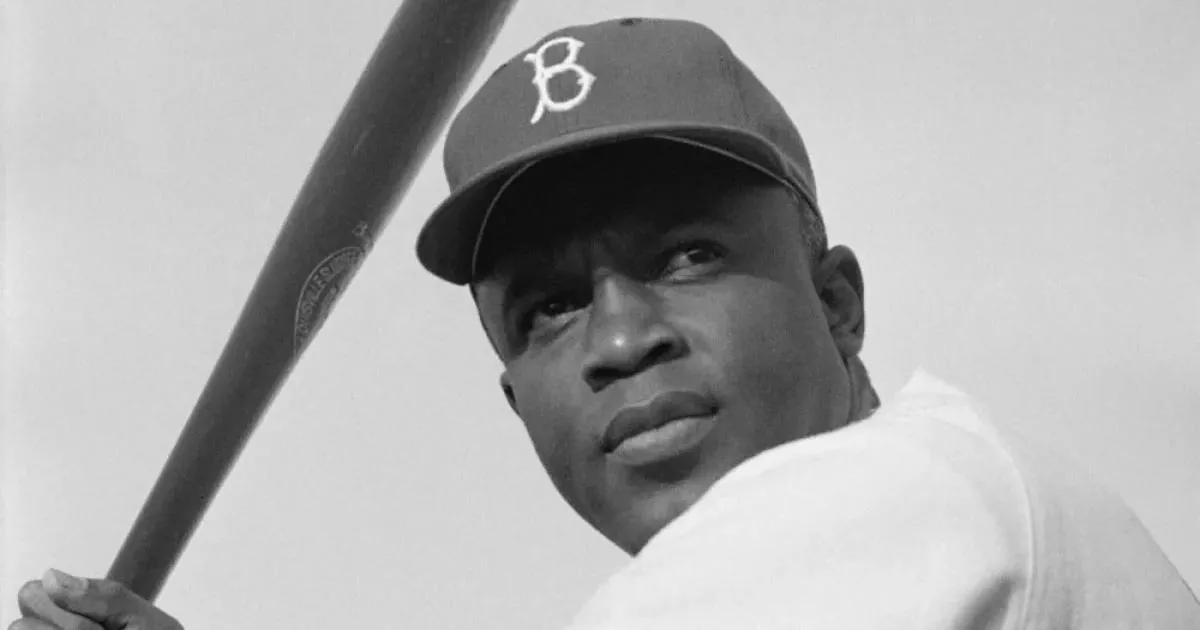Life is full of challenges, and Jackie Robinson faced many. Discover key struggles and how they were overcome.
Jackie Robinson was a pivotal figure in American history. As the first African American to play Major League Baseball in the modern era, he broke the color barrier in 1947, joining the Brooklyn Dodgers. This event marked a significant step towards desegregation in professional sports, ending the long-standing practice of relegating Black players to the Negro leagues. Robinson's courage and skill paved the way for future generations of African American athletes and contributed to the broader Civil Rights Movement.
January 25, 1938: Arrest for Disputing Detention
On January 25, 1938, Jackie Robinson was arrested after vocally disputing the detention of a black friend by police, leading to a suspended sentence and a reputation for combativeness against racial antagonism.
July 1941: Initial OCS Guidelines
In July 1941, the Army's initial guidelines for Officer Candidate School (OCS) were drafted as race-neutral, but few black applicants were admitted until later directives.
July 6, 1944: Bus Incident and Confrontation
On July 6, 1944, Jackie Robinson was taken into custody after refusing to move to the back of an Army bus when ordered by the driver. This led to a confrontation with a duty officer, who recommended Robinson be court-martialed.
August 28, 1945: Rickey interviews Robinson
On August 28, 1945, Branch Rickey interviewed Jackie Robinson for a possible assignment to the Brooklyn Dodgers' farm club, the Montreal Royals. Rickey questioned Robinson extensively about his ability to withstand racial abuse without reacting angrily, seeking a player "with guts enough not to fight back."
April 22, 1947: Racial Abuse from Phillies
On April 22, 1947, during a game against the Philadelphia Phillies, Phillies players and manager Ben Chapman directed racial slurs at Jackie Robinson from their dugout.
1947: Threat of Strike
In 1947, the St. Louis Cardinals allegedly threatened to strike if Jackie Robinson played, but National League President Ford Frick and Baseball Commissioner Happy Chandler made it clear that any striking players would be suspended.
1949: Testimony Before the House Committee on Un-American Activities
In July 1949, Jackie Robinson was called to testify before the United States House of Representatives' Committee on Un-American Activities (HUAC) concerning statements made by Paul Robeson. Robinson reluctantly agreed, fearing negative consequences for his career.
1952: Career High On-Base Percentage
In 1952, Jackie Robinson had 104 runs, a .308 batting average, and 24 stolen bases. He recorded a career-high on-base percentage of .436. The Dodgers won the National League pennant before losing the 1952 World Series. On the television show Youth Wants to Know, Robinson challenged the Yankees' general manager, George Weiss, on the racial record of his team. The 1952 season was the last year Robinson was an everyday starter at second base.
1953: Death Threats and Racial Advocacy
In 1953, Jackie Robinson had 109 runs, a .329 batting average, and 17 steals. The Dodgers led to another National League pennant but lost to the Yankees in the World Series. He served as editor for Our Sports magazine and addressed racial issues publicly, criticizing segregated hotels and restaurants, leading to some establishments integrating.
October 1959: Robinson Protests Segregation at Greenville Airport
In October 1959, Jackie Robinson protested racial segregation by entering the whites-only waiting room at Greenville Municipal Airport. When asked to leave by airport police, Robinson refused and in a speech in Greenville, South Carolina, he urged black citizens to vote and protest their second-class citizenship.
1969: Robinson Turns Down Old-Timers' Game Invitation
In 1969, Jackie Robinson protested against the major leagues' ongoing lack of minority managers and central office personnel, and he turned down an invitation to appear in an old-timers' game at Yankee Stadium.
January 2024: Statue Stolen and Vandalized
In January 2024, the bronze statue of Jackie Robinson in Wichita, Kansas was stolen and vandalized.
Mentioned in this timeline

Basketball is a team sport played on a rectangular court...

John F Kennedy JFK was the th U S President...

Bill Russell was a dominant American professional basketball player primarily...

George W Bush the rd U S President - is...

Wayne Gretzky nicknamed The Great One is widely considered the...
California is a U S state on the Pacific Coast...
Trending

30 minutes ago Dennis Prager Discusses Morality, God and Personal Opinion in Recent Articles

30 minutes ago Jaylen Brown contemplates legal action after Beverly Hills party shut down controversy.
30 minutes ago Nate Burleson to Host CBS' NCAA Tournament Coverage, Replacing Ernie Johnson.

31 minutes ago Jennifer Morrison joins 'The Night Agent' Season 3 as First Lady: Details Revealed.

1 hour ago Kevin Durant Scores 30 Points Despite Loss to Knicks and Rockets Game.

1 hour ago Javonte Williams secures a three-year deal with the Cowboys: Contract details revealed.
Popular

Jesse Jackson is an American civil rights activist politician and...

Barack Obama the th U S President - was the...

Bernie Sanders is a prominent American politician currently serving as...

Michael Joseph Jackson the King of Pop was a highly...
The Winter Olympic Games a major international multi-sport event held...
WWE Raw a professional wrestling television program by WWE airs...
